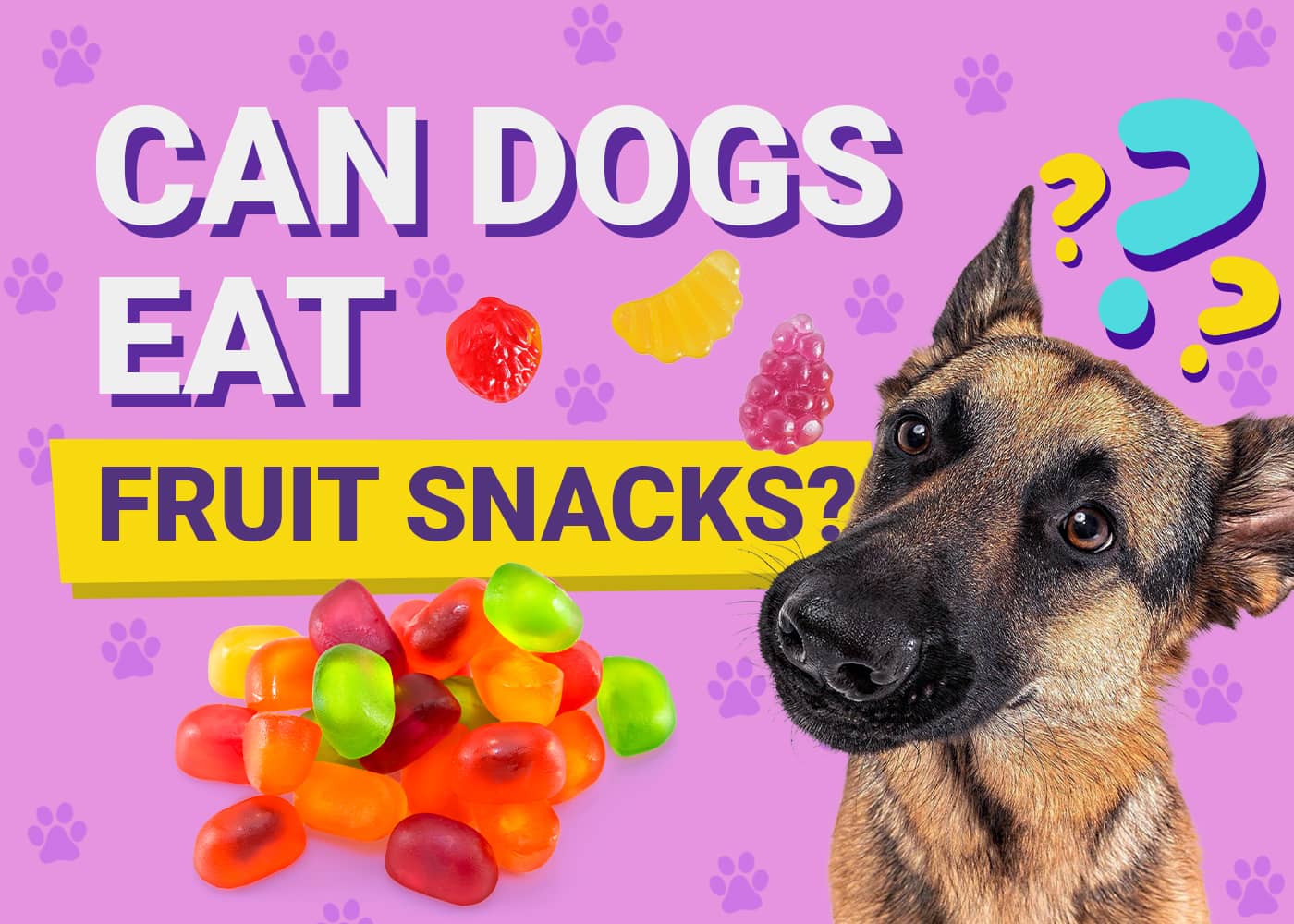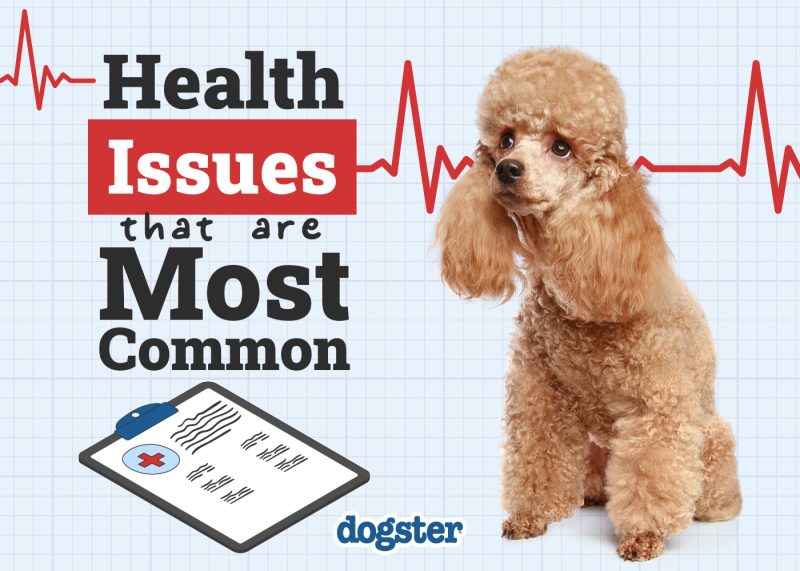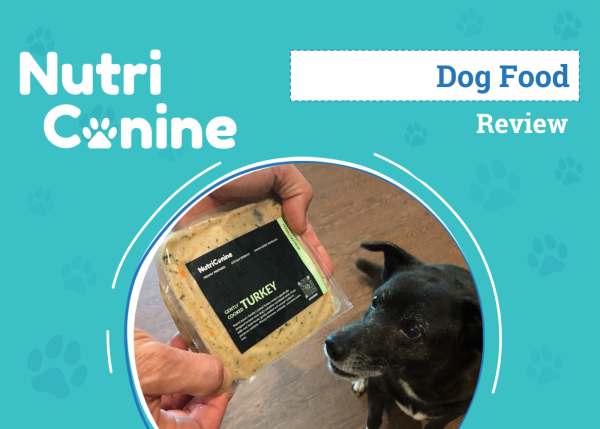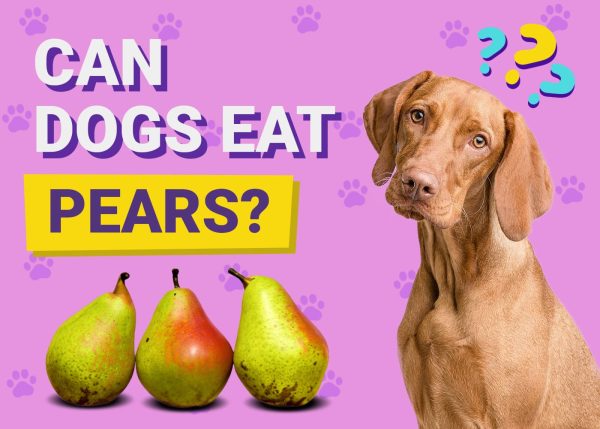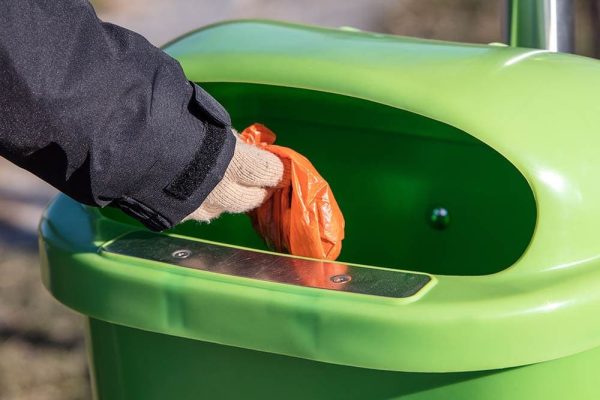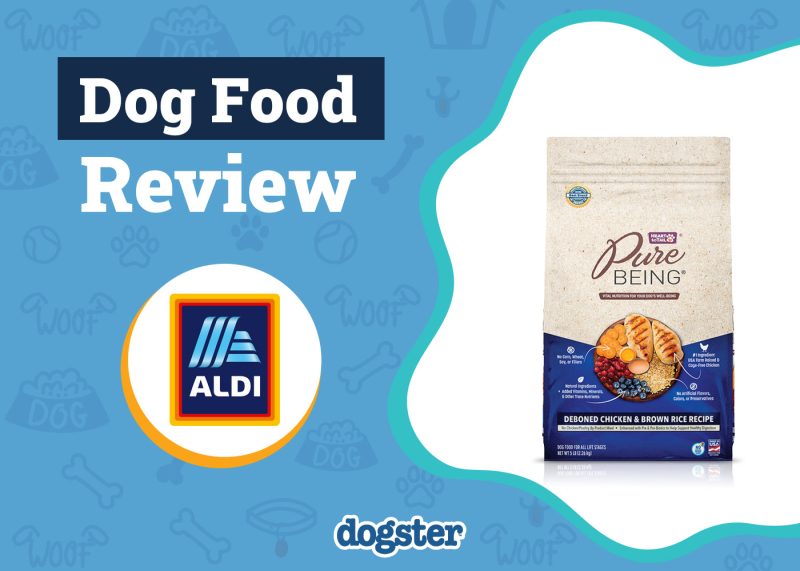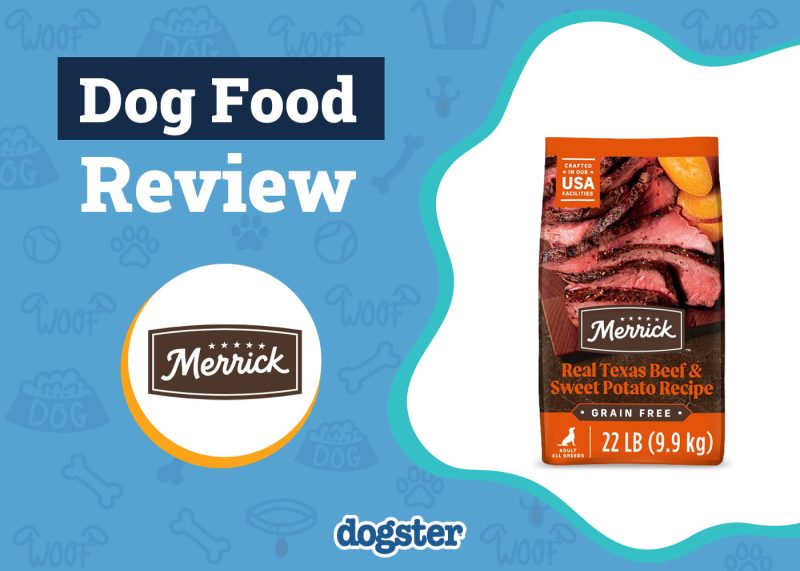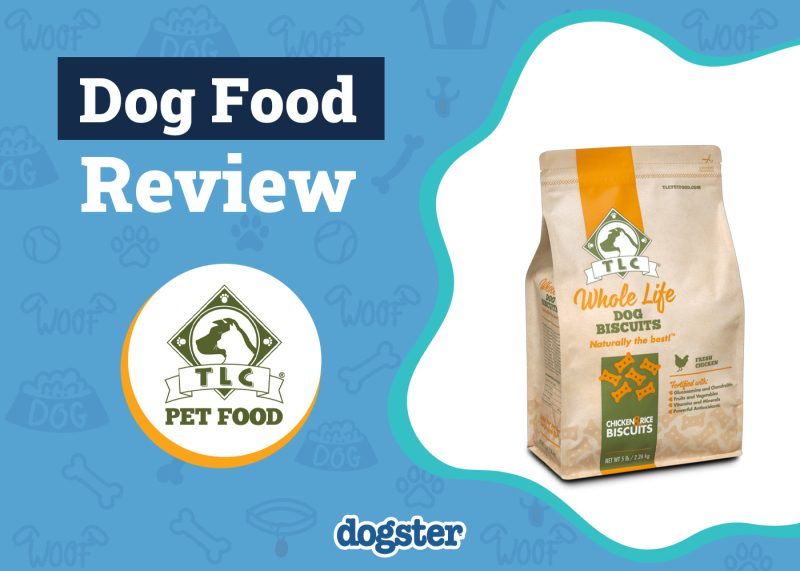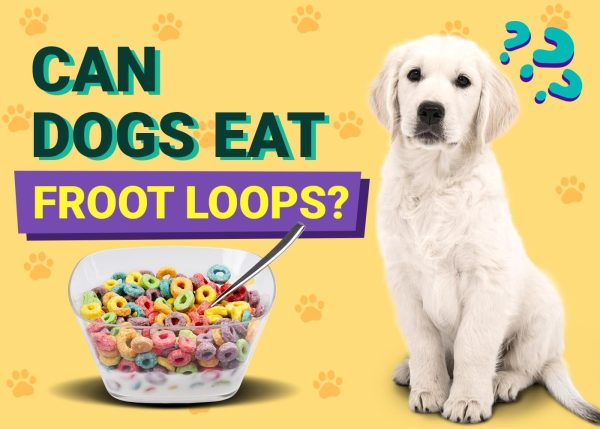In this article
View 2 More +If you have kids in the house, there’s a good chance you also have fruit snacks lying around. Fruit snacks are a fan favorite with the little ones (and adults as well!), so it’s wise to keep them handy. But if you also have dogs in your home, you’ve probably wondered at one point or another whether fruit snacks are safe for dogs to eat. Because let’s face it, chances are also good your kiddos will give one to the dogs at some point (if they haven’t already).
So, can dogs eat fruit snacks? Is it safe? The answers to those questions are, technically, dogs can eat them, but they shouldn’t, and while not toxic, fruit snacks certainly aren’t healthy. Here’s why fruit snacks aren’t so great for your pups and a few alternatives you can give them instead.

What Are Fruit Snacks?
You’re likely familiar with fruit snacks, but if not, fruit snacks are sweet gummy candies that often come in a fruit shape. They’re an absolutely delicious snack food, but they definitely don’t offer any nutritional value. These candies are made up mostly of sugar, along with additives, such as synthetic dyes.
Though Welch’s is probably the most well-known brand of fruit snacks, several brands produce these. Some claim to be healthier than others, but overall, fruit snacks aren’t going to offer up much more than tastiness (and possibly some vitamin C).
Are Fruit Snacks Safe for Dogs?
While fruit snacks aren’t toxic to dogs, they’re not necessarily healthy for them either. The main reason for this is the amount of sugar found in these snacks. Sugar and dogs aren’t the best mix; though small amounts here and there are okay for your pet, too much sugar can lead to health issues. An overabundance of sugar can cause an upset stomach or weight gain.
Then there are ingredients such as fruit concentrate and fruit puree found in fruit snacks. In some fruit snacks, these ingredients will come from grapes, which are toxic to dogs. There is no known safe limit of grape ingestion for dogs. You should contact your vet or pet poison control service after any grape, raisin, or grape product ingestion by your dog.
Another ingredient to be wary of is one that may be found in sugar-free fruit snacks—xylitol. This sugar alcohol is toxic to canines, so if your pet gobbles down a ton of sugar-free snacks, there could be significant issues. This is because xylitol causes blood sugar levels in pups to drop dangerously low very quickly, leading to hypoglycemia, loss of balance, vomiting, lethargy, seizures, and even liver damage.
So, while eating one or two of these candies shouldn’t harm your dog, these snacks certainly aren’t good for them either and can pose risks. And if your pet gets into a lot of these fruit snacks, you could see major health issues.
If you need to speak with a vet but can't get to one, head over to PangoVet. It's our online service where you can talk to a vet online and get the advice you need for your pet — all at an affordable price!
Can Dogs Eat Fruit?
Dogs don’t require fruits in their diet, as they should be getting everything they need nutritionally from their dog food. But if you think your pup would enjoy a fruity snack every now and again, you can give them a piece of fruit. Of course, not all fruits are healthy for your pet, but some of the ones that are dog-friendly include:
- Apples (pips removed)
- Blueberries
- Pears
- Peaches (stone removed)
- Raspberries
- Cranberries
- Watermelon
And some fruits you should never, ever feed your dog are:
- Grapes
- Wild berries
- Cherries
- Avocado
- Unripe tomatoes
Whatever fruit you treat your dog with, remember: everything in moderation!
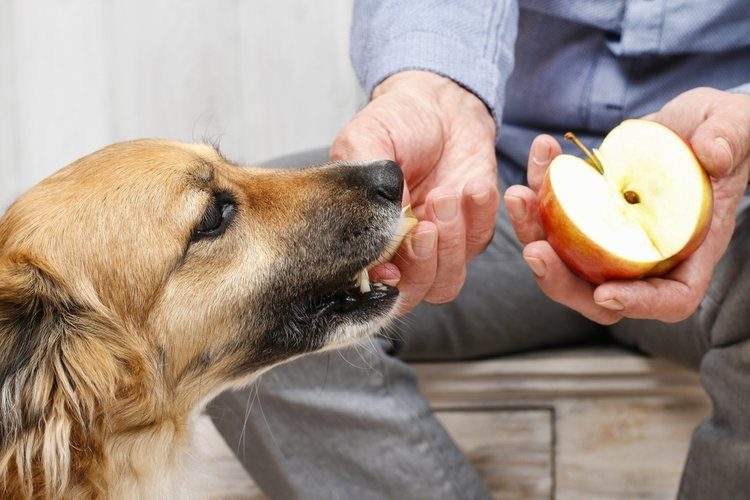

Conclusion
Though fruit snacks, such as Welch’s or Annie’s, are tasty treats for kids and adults alike, they aren’t fabulous for our furry friends. The main reason you shouldn’t feed these to your pet is due to the amount of sugar these snacks have, which can lead to health problems if your pet has too many. However, fruit snacks may also contain ingredients that are toxic, such as grape juice concentrate or xylitol.
Want to give your dog a fruity treat? Then stick with real fruit, as this will offer them some nutritional benefits without all that sugar. Just ensure you’re giving your pet dog-friendly fruit!
See Also:
